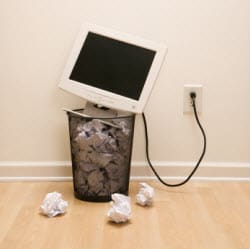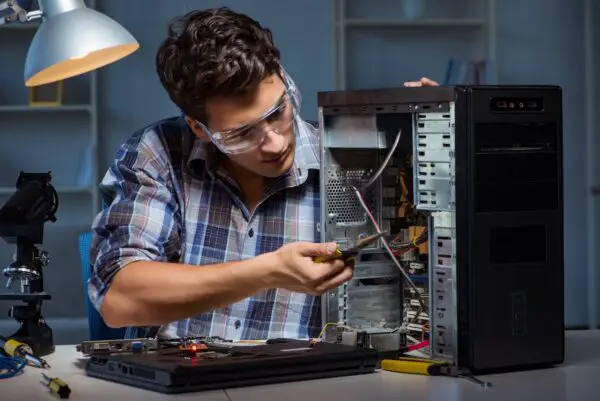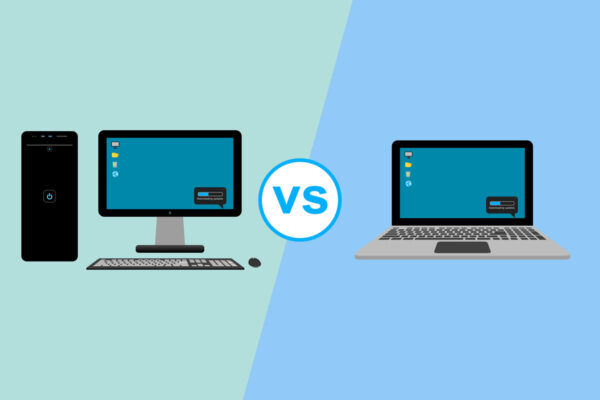Upgrading Your PC vs. Buying a New One [ARTICLE]
 So your PC is on the fritz… again. You’re probably waging that nagging question – whether to upgrade or buy a brand new computer.
So your PC is on the fritz… again. You’re probably waging that nagging question – whether to upgrade or buy a brand new computer.
Noobie believes in the four-year rule: If a computer is four years old or younger, it may be worth fixing and/or upgrading. If it is more than four years old, the cost to fix or upgrade the unit can start to outweigh the cost of buying a brand new computer.
An accurate cost analysis should factor in the benefits of what a new computer can provide, including faster, better memory and a more current operating system.
When it comes to older computers, there are a number of factors that can cause concern, including the computer’s memory, operating system and overall age.
As for its memory, research exactly what kind of memory capacity will meet your needs. Then call your PC’s manufacturer to see whether adding memory to your system is even possible. Sometimes due to limitations on the number of memory slots you have, you have to lose memory to gain more. Think taking one step back in order to take two steps forward. Older memory sometimes has to be paired, meaning you need to buy two matching memory chips. If all this sounds too confusing, simply call your computer’s manufacturer to get the answers you need.
Your PC’s operating system should also be evaluated. Microsoft stops supporting operating systems after a period of time. If you are running Windows ME, Windows 98 or Windows 95, you’ll probably need to upgrade to a new system when your current system stops working.
New software is also making it tougher for older PCs to keep up, since many programs require an increasing amount of memory and disk space. The same is true for hardware. New printers, scanners and other devices may not work well on older computers.
In the end, your computer’s age may be the ultimate factor in your decision to upgrade or replace it. Certain components in a computer like the hard drive have a limited life span, so it may not be worth pouring money into your computer when other parts of it are destined to fail in the not-so-distant future.
Signs you may need a new PC
The following are tell-tale signs that you likely need a new PC:
- Your computer is running too slow and the cost of paying someone to tune it is not cost beneficial.
- Your computer is producing lots of errors and/or frequently crashing.
- Newer software does not run on your computer due to minimum requirements. For example, the current version of Apple’s iTunes software does not run on Windows ME.
What to consider when buying a new PC
If you decide to buy a new PC, there are several factors to consider:
- Do you have the original media for purchased software so you can install it again on a new computer? Will it still run on new computer? For example, Office 2000 does not run well on Windows Vista. You may have to spend additional money to upgrade and/or purchase new software.
- Do you have all of your usernames and passwords for subscription-based services and will they transfer to the new computer?
- How will you transfer your existing files to the new computer? How much time will it take? Do you know how? Will you have to pay someone to do this for you? Factor this into the cost of a new computer.
What to do with your old PC
Before discarding your old PC, make sure to wipe the hard drive clean using special software that makes data recovery impossible. Noobie recommends Darik’s Boot and Nuke, or DBAN for short, at https://dban.sourceforge.net.
Selling or donating your PC is unlikely. Most churches and schools can’t make good use of really old computers since their age makes them virtually worthless. Instead, consider recycling the unit through any number of national computer recycling services, such as Freecycle at www.freecycle.org.








